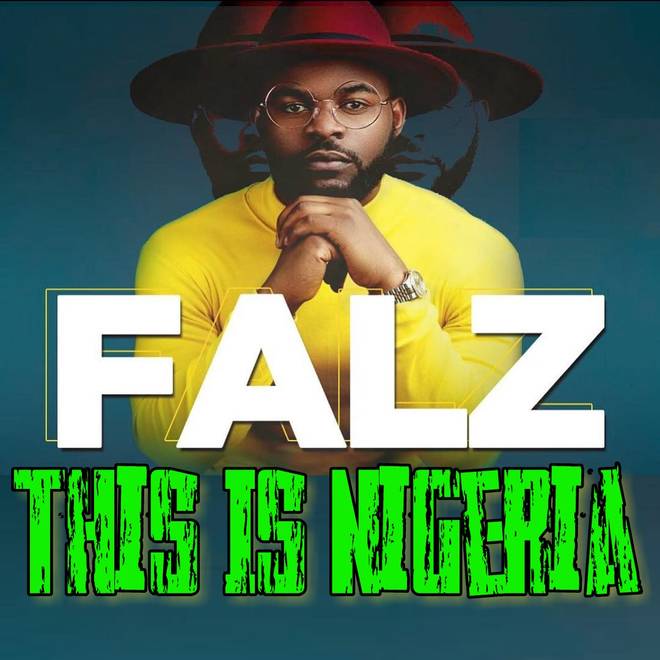Indisputably, Nigeria’s best known musical artist is the late Afrobeat legend Fela “Anikulapo” Kuti. Respected and loved for both the originality of his music, and the incisiveness of his lyrics which highlighted social ills, Fela’s social commentary in songs such as “Authority Stealing”, “Shuffering and Smiling”, and “Sorrow Tears and Blood” remain relevant till today. Most older Nigerians aren’t impressed by modern-day Nigerian music in which the computer and “rap” has taken over, proliferating ineloquent “artistes” with no singing ability and “producers” who have no music training. There is little originality in their videos which mostly involve young girls gyrating irresponsibly as if this compensates for lack of real talent. Worse still are the totally unimaginative and uninspiring street lyrics.
Legendary Reggae superstar Bob Marley, whose songs remain relevant almost 40 years after his death, never uttered meaningless phrases like “ah yaga yaga yo”! is renowned for incisive lyrics in songs like “Rat Race” where he said “in the abundance of water the fool will go thirsty”, or “Redemption Song” where he urged black people to “emancipate yourselves from mental slavery because none but ourselves can free our minds”. One of the few Nigerian new generation star artistes whose lyrics indicate a high level of intelligence and humour is Falz the Bad Guy. He produced a song titled “This is Nigeria” which was inspired by American rapper Childish Gambino’s song “This is America”.
The lyrics which are freely available on the internet, address numerous social and political ills prevalent in Nigeria, including SARS brutality, codeine abuse and unrestrained killings in some parts of the nation. The music video has received over 9 million views on YouTube and legendary American artiste Diddy uploaded it to his Instagram page with the caption #Nigeria LETS GO! According to Falz, the song is “aimed at sparking a reaction in a positive direction”. However, his use of girls wearing Hijab to dance “shaku shaku” in the video was tasteless, never minding the fact that such real-life videos abound on the internet. Predictably it triggered outrage in some quarters. The Muslim Rights Concern (MURIC) threatened to sue him to Court claiming that the video is “inciting”, and promotes negative stereotypes against Moslems in general. Other than that ill-considered aspect of mode of dress, there is nothing about the song or video which should offend public sensibilities.
Falz is a qualified lawyer and son of legal icon Femi Falana SAN who defended Fela in Court on numerous occasions. He points out that his song isn’t religiously prejudiced because it didn’t only refer to Moslems, but also took a swipe at the Church and superstar pastors. He scolded them that it’s only in Nigeria Churches take money contributed by poor congregation members and use it to set up Universities whose fees are for the only the rich whether they belong to the Church or not! Religion aside, Falz also treated poverty, unemployment, insecurity, corruption, collective national foolishness, inadequate infrastructure and the failing economy. Freedom of expression is protected by Section 39(1) of the Constitution and defamation is defined in Section 373 of the criminal code. Rather than address these criticisms, or sue Falz to Court, authorities banned the song and fined radio stations which continued playing it. The ban is of minimal effect because today’s youth hardly listen to music on the radio. They either watch musical videos on satellite TV, or download music from the internet. Music channels on DSTV continue to air the video. To be frank there is nothing which Falz says in the song which isn’t true. His real offence is producing a song which brings those in authority to ridicule.
Since Fela’s demise the most popular and best-known Nigerian Artiste consistently campaigning against the ills of our society has been Charley Boy Oputa (Area Fada). Giving way musically to the younger generation of Artistes, he continues his protest through his “Our Mumu Don Do” organisation. Charley Boy says he is motivated by Nobel Laureate and holocaust survivor Eliezer “Elie” Weisel who famously said that; “there may be times when we are powerless to prevent injustice, but there must never be a time when we fail to protest”. He also paraphrases Martin Luther King Jnr by claiming that “the greatness of democracy lies in the right to protest for what is right”. However, “Area Fada’s” reference to Nigerians who don’t engage in street protests, but rather resign themselves to incompetent and corrupt governance as “mumu”, doesn’t go down well with some people. The pertinent question is whether the “mumus” are the silent majority of long suffering citizens, or the noisy politicians leading the nation down the road to ruin while guarding their self-granted privileges? Perhaps it would have been more apt if he had titled both his movement and his song “Their mumu don do”!




